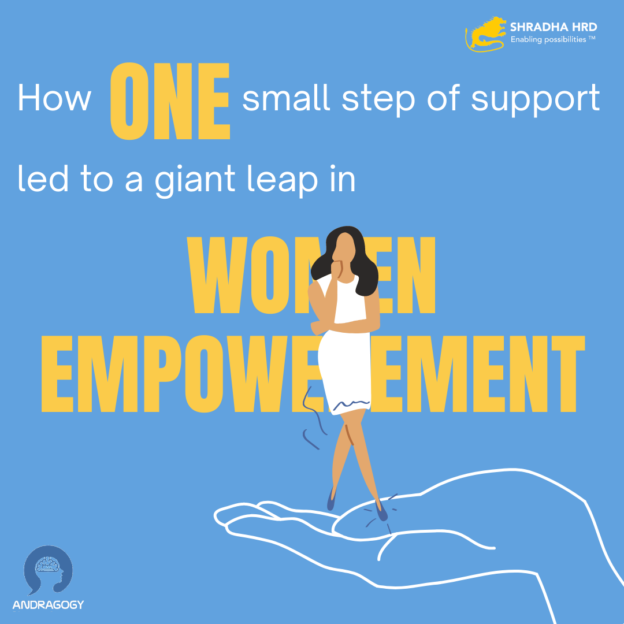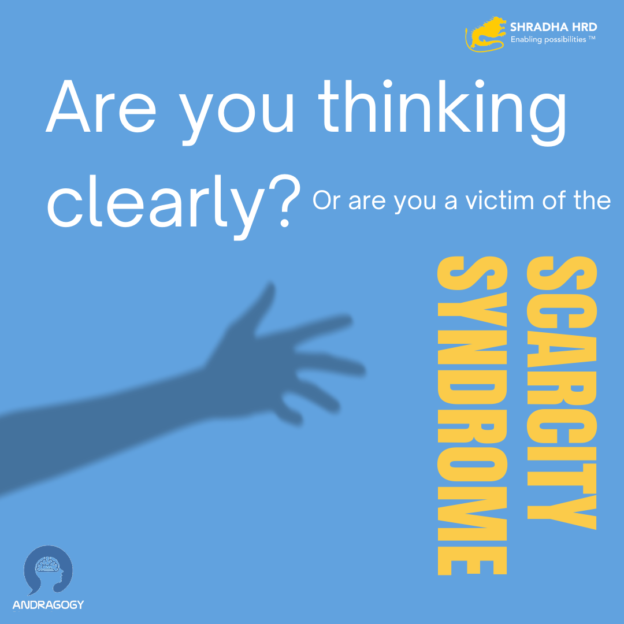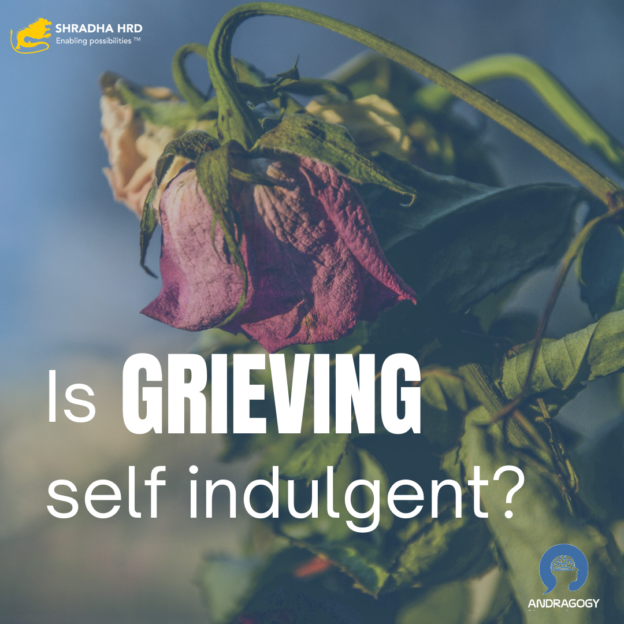
Can small symbolic steps actually make a difference to #empowerwomen? A recent incident tells me it’s possible. We only need to have the intellect to think out of the box and the heart to follow through on it.
A powerful lesson in #womenempowerment through a small yet powerful step taken by the Panchayat in Chhattisgarh’s Durg District. Something not seen even in the most progressive metro’s societies.
All 850 houses in the Patora district now have a name plate with the head woman’s name of their family. This was done to mark the occasion of #InternationalWomen’s Day. The village Panchayat resolved that women will be empowered when they are given acknowledgement for all the work they do.
The Panchayat representatives felt, women play the role of the real head of the hose, yet it is the male head’s name mentioned on the nameplate. The men of the village were also very happy with the decision. They said men and women run the family together and most household decisions are taken by women. Women should also be given #respect as head of the household and this is a strong step to strengthen them.
Which leads me to the all-important #question…what are the small yet powerful steps we can take to #acknowledge the contribution of women & help them reach their #potential?







